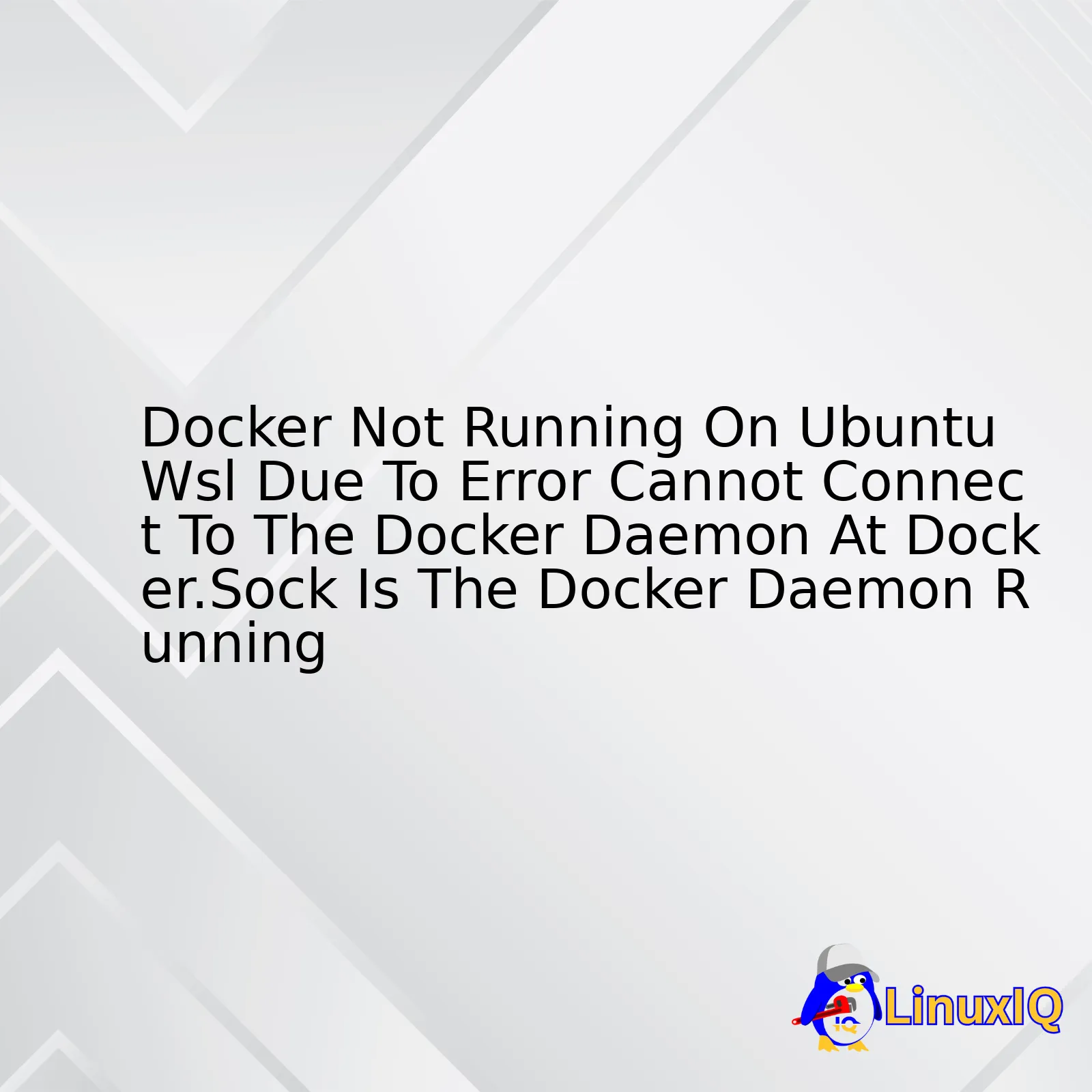Croatia, a jewel of the Adriatic, has long been celebrated for its crystalline waters, sun-drenched islands, and ancient cities steeped in history. From the fortified walls of Dubrovnik to the vibrant cafés of Zagreb, it offers a tapestry of experiences that captivate millions of tourists each year. However, beyond the postcard-perfect vistas lies a burgeoning reality: Croatia is rapidly transforming into a premier destination for digital nomads, remote workers, and tech professionals seeking a life that masterfully blends high-level productivity with an unparalleled quality of life. The introduction of the digital nomad visa has opened the doors for skilled individuals to call this Mediterranean paradise home.
This guide delves into the practicalities and possibilities of life in Croatia, viewed through the specific lens of a tech professional. We’ll explore the thriving local tech scene, the essential tools for working remotely, and how the skills of a modern IT expert—from Linux Administration to Python DevOps—can be applied while enjoying the Dalmatian coast. Whether you’re a system administrator managing a remote Linux Server, a developer engaged in Linux Programming, or a DevOps engineer orchestrating containers, Croatia offers a unique and compelling backdrop for your career and life.
The Croatian Proposition: Lifestyle, Visas, and a Growing Tech Scene
The appeal of Croatia extends far beyond its natural beauty. It presents a holistic value proposition that combines a relaxed, safe, and affordable lifestyle with a forward-thinking approach to remote work and technology. For anyone accustomed to the relentless pace of major global tech hubs, the Croatian way of life can be a revelation.
Embracing the “Pomalo” Lifestyle
Central to the Croatian experience is the concept of “pomalo,” which loosely translates to “take it easy” or “slowly.” It’s an ethos that prioritizes work-life balance, connection with community, and an appreciation for the simple pleasures—a coffee break that lasts an hour, a stroll along the seaside after work, or a weekend spent exploring a nearby national park. This cultural mindset is a powerful antidote to burnout, allowing for deep, focused work without sacrificing personal well-being. The country is incredibly safe, the food is a spectacular fusion of Mediterranean and Central European influences, and the cost of living, particularly outside of the main tourist hotspots in summer, is significantly lower than in Western Europe or North America.
The Digital Nomad Visa: Your Gateway to Croatia
A game-changer for non-EU citizens, Croatia’s digital nomad visa allows remote workers to reside in the country for up to a year (with possibilities for renewal). The key requirements include proof of remote work for a foreign company, a clean criminal record, and sufficient funds to support yourself. One of its most attractive features is that income earned from foreign sources is not subject to Croatian income tax. This legal framework provides the stability and peace of mind needed to relocate and establish a base, making it one of the most welcoming policies in Europe for the modern, location-independent professional.
A Tech Ecosystem on the Rise
While not yet on the scale of Berlin or London, Croatia’s tech scene is vibrant and expanding rapidly. Cities like Zagreb, Split, and Rijeka are becoming dynamic hubs for innovation, home to globally recognized companies like Infobip and Rimac Automobili, alongside a flourishing startup culture. This growth fuels a demand for skilled professionals. There is a strong community built around open-source technologies, and a solid understanding of the Linux Kernel and various Linux Distributions is highly valued. Whether you specialize in enterprise systems like Red Hat Linux and its derivative CentOS, or the more community-driven Debian Linux and Ubuntu Tutorial-style environments, your skills are relevant here. The rise of tech meetups and conferences provides excellent networking opportunities to connect with local and international talent.
The Remote Tech Professional’s Toolkit: Working Effectively from Croatia
Relocating is one thing; maintaining high productivity and managing complex technical infrastructure from a new country is another. Fortunately, Croatia’s infrastructure is more than capable, and with the right setup, you can perform high-level System Administration tasks as effectively as you would from any global office.
A stable internet connection and a secure environment are the twin pillars of successful remote work. My first priority upon arrival was establishing a robust home network, turning my apartment into a command center for my global operations.
Connectivity and Workspace Setup
Major Croatian cities offer excellent high-speed fiber optic internet, making video calls, large file transfers, and constant connectivity to cloud platforms like AWS Linux or Azure Linux a seamless experience. For your workspace, you can choose between a comfortable home office or one of the many co-working spaces popping up in cities like Zagreb and Split. For a hands-on sysadmin, a home setup allows for greater control. A crucial first step is implementing strong Linux Security. This means going beyond your ISP’s default router settings and configuring a proper Linux Firewall. A deep dive into the command-line tool iptables or its more modern successor, `nftables`, is essential for granular control over network traffic. For those working with sensitive corporate data, understanding mandatory access control systems like SELinux is a critical skill for hardening your local machines.
Mastering the Command Line from the Adriatic
The core of remote Linux Administration happens in the terminal. Your proficiency with the Linux Terminal and a wide array of Linux Commands is what makes location irrelevant. Daily tasks often involve securely connecting to servers across the globe using Linux SSH. To manage these connections efficiently and protect against network interruptions, session managers are indispensable.
Tools like Tmux and Screen are lifesavers, allowing you to maintain persistent shell sessions on remote servers. You can start a long-running process, detach from the session, close your laptop to go for a swim, and reconnect later to find everything exactly as you left it. Inside these sessions, a powerful text editor is key. Many seasoned professionals rely on the classic Vim Editor for its efficiency and ubiquity on virtually every Linux Server.
Automation and Scripting: Your Keys to Freedom
The true beauty of the Croatian lifestyle is unlocked when you can automate your work effectively. This is where scripting comes into play. Simple, repetitive tasks can be handled with Bash Scripting or more advanced Shell Scripting. For example, a simple script can automate your Linux Backup process using `rsync` and `cron`.
For more complex automation, Python Linux integration is the industry standard. Python Scripting is a cornerstone of modern System Administration and Linux DevOps. You can write scripts for Python Automation to manage cloud resources, parse log files, or interact with APIs. This proficiency in Python System Admin tasks is what allows you to close the laptop with confidence and enjoy a sunset in Zadar.
# A simple Python script to check server health
import subprocess
def check_disk_space():
# Uses a common Linux command within Python
df_process = subprocess.run(['df', '-h', '/'], capture_output=True, text=True)
print("Disk Space:")
print(df_process.stdout)
def check_memory_usage():
free_process = subprocess.run(['free', '-m'], capture_output=True, text=True)
print("\nMemory Usage (MB):")
print(free_process.stdout)
if __name__ == "__main__":
check_disk_space()
check_memory_usage()Advanced Topics: DevOps, Monitoring, and Development in a Croatian Context
Life in Croatia isn’t just about maintaining existing systems; it’s also about building and managing the next generation of applications. The local tech scene is embracing modern DevOps culture, containerization, and cloud-native technologies, making skills in these areas highly valuable.
The DevOps Culture and Containerization
The principles of Linux DevOps are taking firm root in Croatia. Companies are looking for professionals who can bridge the gap between development and operations. Configuration management tools like Ansible are popular for automating the setup and maintenance of server fleets. The biggest trend, however, is containerization. A deep understanding of Linux Docker is practically a prerequisite for many modern roles. Being able to follow a Docker Tutorial to containerize an application is a basic skill; designing and managing complex, multi-container environments is what sets you apart. This naturally leads to orchestration, where experience with Kubernetes Linux environments is a massive advantage. These technologies are the foundation of modern, scalable applications built on Container Linux principles.
System and Performance Monitoring
When you’re thousands of kilometers away from the physical servers, robust System Monitoring is not a luxury—it’s a necessity. You need to be able to diagnose and resolve issues proactively. While comprehensive solutions like Prometheus and Grafana are the enterprise standard, a quick, direct look at a machine’s performance is often needed. This is where classic Linux Utilities shine. The top command provides a real-time view of system processes, but many administrators prefer htop for its more user-friendly, color-coded interface and easier process management. This kind of hands-on Performance Monitoring is a fundamental skill for any sysadmin.
Linux Development and Programming
For those involved in software development, Croatia offers a fantastic environment. The Linux Development ecosystem is mature and well-supported. Whether you’re engaged in System Programming with C Programming Linux and the powerful GCC compiler, or building web applications, the tools are at your fingertips. Many local startups and established companies run their services on a classic stack: a Linux Web Server (like the highly performant Nginx or the venerable Apache) coupled with a robust Linux Database. Open-source databases like PostgreSQL Linux and MySQL Linux are the dominant choices. Understanding how to manage and optimize these components is a crucial part of the full-stack developer or DevOps engineer’s role.
Practical Considerations and Final Thoughts
Before you pack your bags, it’s important to consider the day-to-day realities of life in Croatia. This includes managing your finances, understanding the local culture, and ensuring your technical foundation is solid.
Cost of Living and Administration
While generally affordable, the cost of living varies. Coastal cities like Dubrovnik and Split can be expensive, especially in the summer. Zagreb offers a more stable, year-round cost base. As a remote worker, you’ll need to be diligent with your own administration. This includes managing your storage and data. Skills in Linux Disk Management, including understanding logical volumes with LVM and redundancy with RAID, are transferable to managing your own data integrity and backup strategies. Furthermore, a foundational understanding of the Linux File System hierarchy and how to manage Linux Users and groups is essential. Properly configuring File Permissions on your own devices is a basic but critical security practice.
Embrace the Experience
Life in Croatia is a unique opportunity to merge a demanding tech career with a lifestyle that prioritizes health, nature, and human connection. It’s a country that invites you to slow down while your career continues to accelerate. The skills you’ve honed—from managing an Arch Linux desktop to deploying complex applications on Kubernetes—are your ticket to this incredible experience. The global tech industry is no longer tied to a specific location, and Croatia stands as a testament to this new reality.
In conclusion, Croatia offers a compelling package for the tech-savvy professional. It provides the legal framework through its digital nomad visa, the technical infrastructure with excellent connectivity, and a growing community of like-minded individuals. By leveraging your expertise in the vast world of Linux Tools and modern DevOps practices, you can build a life where debugging a kernel panic in the morning can be followed by watching a spectacular Adriatic sunset in the evening. It’s a balance that, for many, is the ultimate definition of success.





